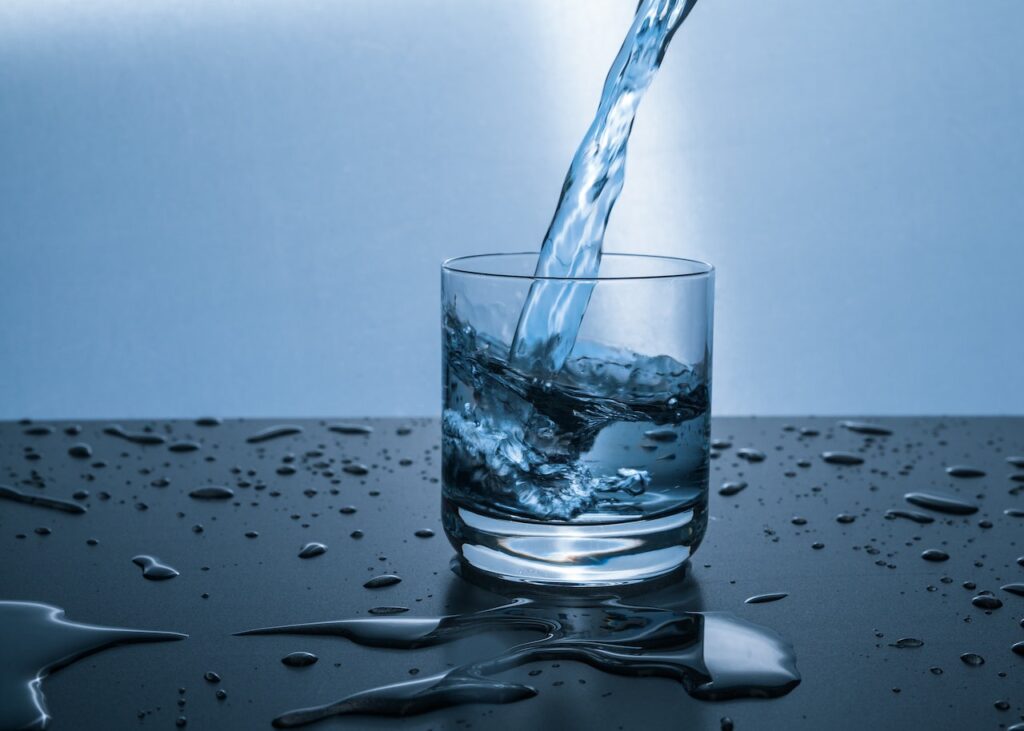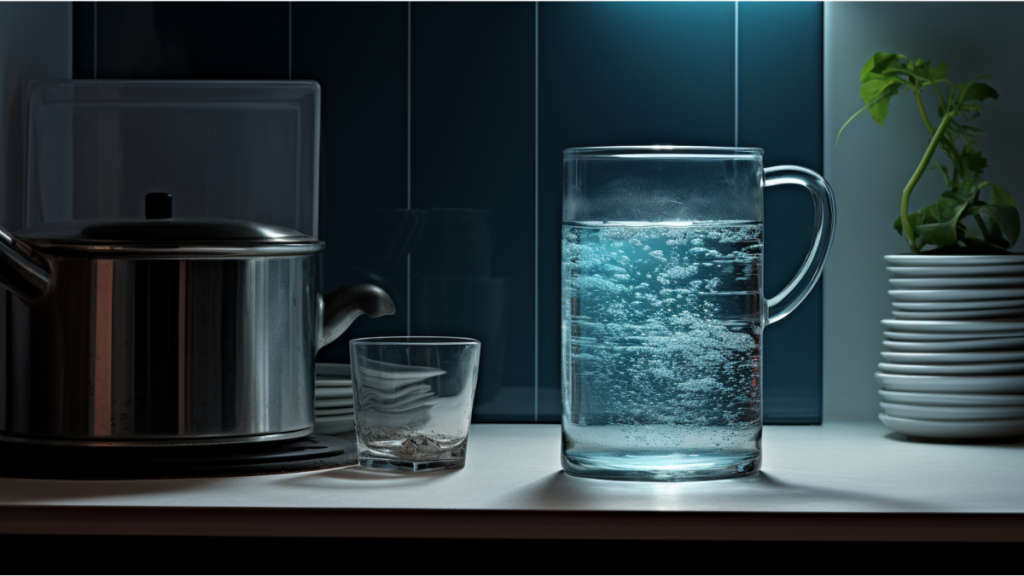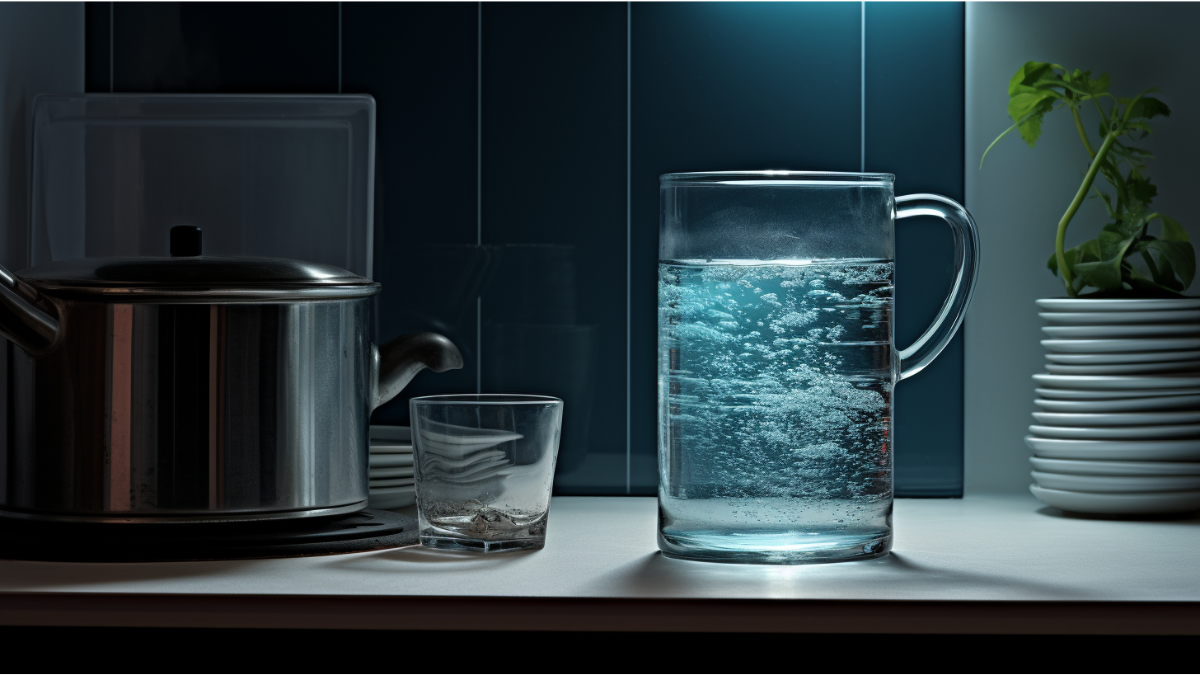Do you rely on your refrigerator filter to ensure safe drinking water? If so, you may need to think again.
Per- and polyfluoroalkyl substances, or PFAS, are harmful compounds in drinking water, and refrigerator filters are not designed to remove them effectively. Poorly maintained refrigerator filters can worsen PFAS contamination.
A recent study by Duke University found that refrigerator filters have varying efficiency levels when treating PFAS, with no brand consistently outperforming others. This means that relying solely on your refrigerator filter to remove PFAS from your drinking water is not a reliable solution.
So, what are the dangers of PFAS contamination in drinking water, and why are refrigerator filters ineffective? Keep reading to find out.
Key Takeaways
- PFAS compounds are harmful to humans and can cause various health issues.
- Refrigerator filters are not designed to treat PFAS, and most do not adequately treat PFAS to make it safe to drink.
- Reverse osmosis or activated carbon filtration systems are recommended for treating drinking water contaminated with PFAS.
- Testing your drinking water for PFAS can be done with an at-home kit.
PFAS Health Risks

You should be aware that PFAS in your drinking water can pose serious health risks, and relying solely on refrigerator filters may not be sufficient for safe removal. PFAS compounds have been linked to various health issues, including cancer, reproductive problems, and immune system dysfunction.
These chemicals persist in the environment and do not break down over time, which can accumulate in your body and cause long-term harm. PFAS regulation is still in its early stages, and water contamination sources are often difficult to track down.
While some municipalities have taken steps to reduce PFAS levels in their water supplies, many areas still have elevated levels of these harmful chemicals. It is important to ensure your drinking water is safe, including using a treatment device upstream of your refrigerator filter to remove PFAS.
Protecting your health can reduce your risk of exposure to these harmful compounds, and enjoy clean, safe drinking water.
Refrigerator Filter Limitations
Refrigerator filters may not effectively remove harmful compounds from your drinking water, especially concerning PFAS. Most refrigerator water filters are not designed to treat PFAS, and poorly maintained filters can worsen contamination.
According to a study by Duke University, refrigerator filters have a wide range of treatment efficiency for PFAS, with some filters having negative removal efficiency. No brand of refrigerator filter consistently outperformed others in removing PFAS, and Samsung filters varied widely in their performance.
To ensure safe drinking water, it is recommended to use reverse osmosis or activated carbon filtration systems upstream of refrigerator filters. These systems can effectively reduce PFAS by 94% or more and remove contaminants like chlorine, arsenic, and fluoride.
If you choose to use a refrigerator filter, following maintenance tips and replacing the filter regularly is important to ensure it works properly. However, it is important to note that refrigerator filters should not be relied on to reduce PFAS concentrations in drinking water.
| Filter Brand | Duke University Study PFAS Removal Efficiency (%) | Claimed PFAS Treatment | Other Certifications | Maintenance Tips |
|---|---|---|---|---|
| GE | 94.1 | No | NSF 42, 53 | Replace every 6 months |
| Whirlpool | 96.4 | No | NSF 42, 53, 401 | Replace every 6 months |
| Samsung | Varies | No | NSF 42, 53 | Replace every 6 months |
| Frigidaire | 86.4 | No | NSF 42, 53 | Replace every 6 months |
| Amana | 82.3 | No | NSF 42, 53 | Replace every 6 months |
| Bosch | 93.1 | No | NSF 42, 53 | Replace every 6 months |
| LG | 98.6 | No | NSF 42, 53 | Replace every 6 months |
This table shows the PFAS removal efficiency of some refrigerator filter brands, their claimed PFAS treatment, and other certifications. It is important to note that while these brands may have some PFAS removal efficiency, they should not be relied on to treat PFAS in drinking water effectively.
Maintenance tips, such as regular filter replacement, are important to ensure the filter works properly. Still, it is recommended to use reverse osmosis or activated carbon filtration systems upstream of refrigerator filters to ensure safe drinking water.
Effective Filtration Methods
Consider using reverse osmosis or activated carbon filtration systems to remove harmful compounds from your drinking water effectively. These methods have been proven to be the most effective at reducing PFAS in drinking water.
Reverse osmosis filters can reduce GenX and other PFAS by 94% or more, making it a reliable option for safe drinking water. Activated carbon filters can reduce PFAS by 95% or more and remove contaminants like chlorine, arsenic, and fluoride.
Here are some benefits of using reverse osmosis or activated carbon filtration systems for your drinking water:
- They effectively reduce PFAS and other harmful compounds in your drinking water.
- They are easy to operate and install.
- They can improve the taste and quality of your drinking water.
- They are a reliable and cost-effective solution for safe drinking water.
- They can remove a wide range of contaminants, making them a versatile option for water filtration.

Treatment and Prevention Tips
Consider installing a reverse osmosis or activated carbon filtration system to treat and prevent harmful contaminants in your drinking water effectively. These home filtration options have been tested and proven to remove PFAS and other harmful contaminants like chlorine, arsenic, and fluoride.
While refrigerator filters may improve your water and ice taste, they cannot adequately treat PFAS contamination. Poorly maintained refrigerator filters can even make PFAS contamination worse.
It’s important to take action to prevent water contamination and ensure safe drinking water in your home. Regularly testing your water for PFAS and other contaminants with an at-home kit can help you stay informed about the quality of your water. Additionally, using a treatment device upstream of refrigerator filters can remove PFAS and other harmful contaminants to ensure safe drinking water.
By following these tips and using effective home filtration options, you can protect yourself and your family from the harmful effects of PFAS and other water contaminants.
Conclusion
So, if you’re concerned about PFAS contamination in your drinking water, don’t rely on your refrigerator filter to keep you safe. These filters aren’t designed to remove PFAS effectively and can worsen the problem if not properly maintained.
Instead, consider investing in a filtration system specifically designed to treat PFAS. Several effective methods are available, including reverse osmosis, activated carbon, and ion exchange.
Additionally, it’s important to stay informed about the quality of your local water supply and take steps to prevent contamination, such as properly disposing of hazardous materials and avoiding using certain products.
By being proactive and taking the necessary precautions, you can help protect yourself and your family from the harmful effects of PFAS.




